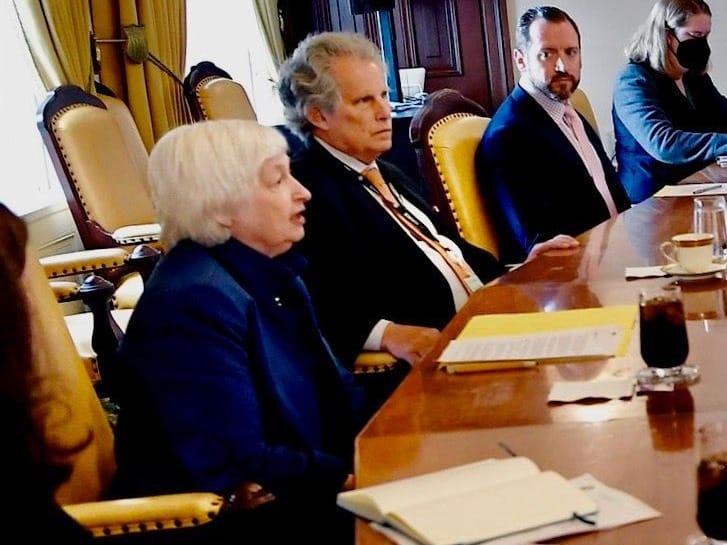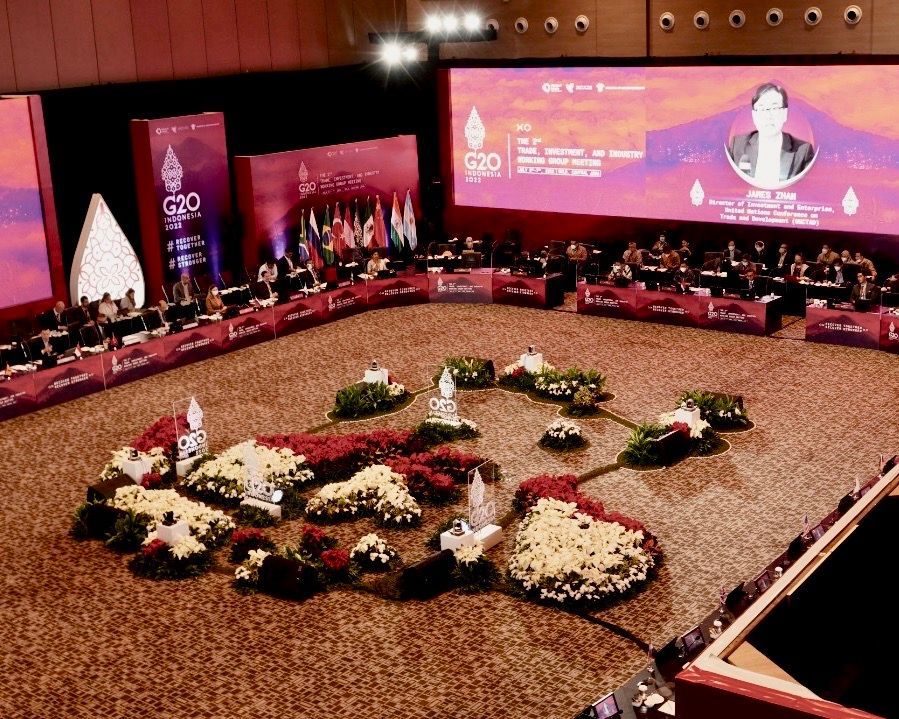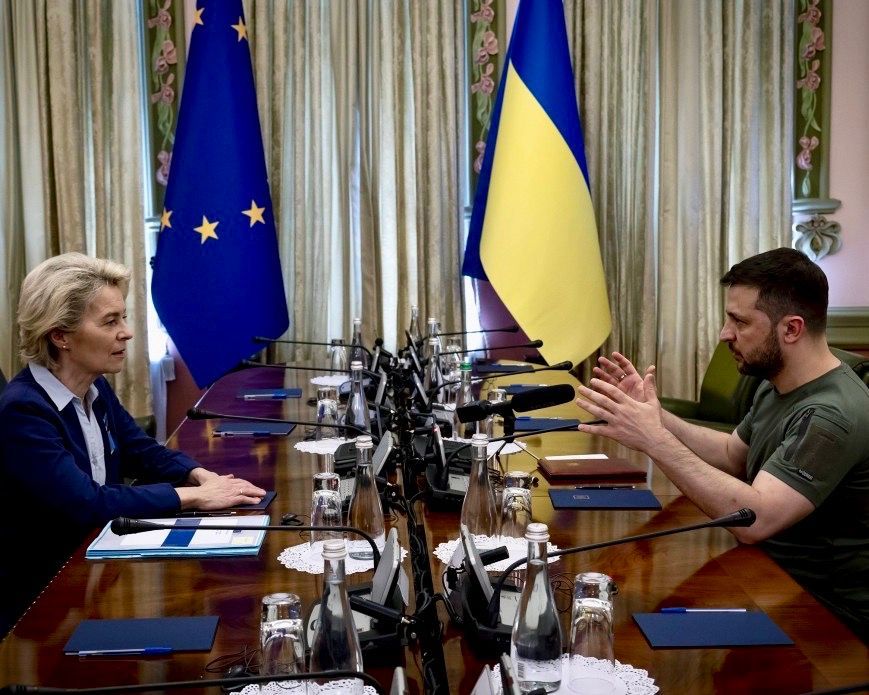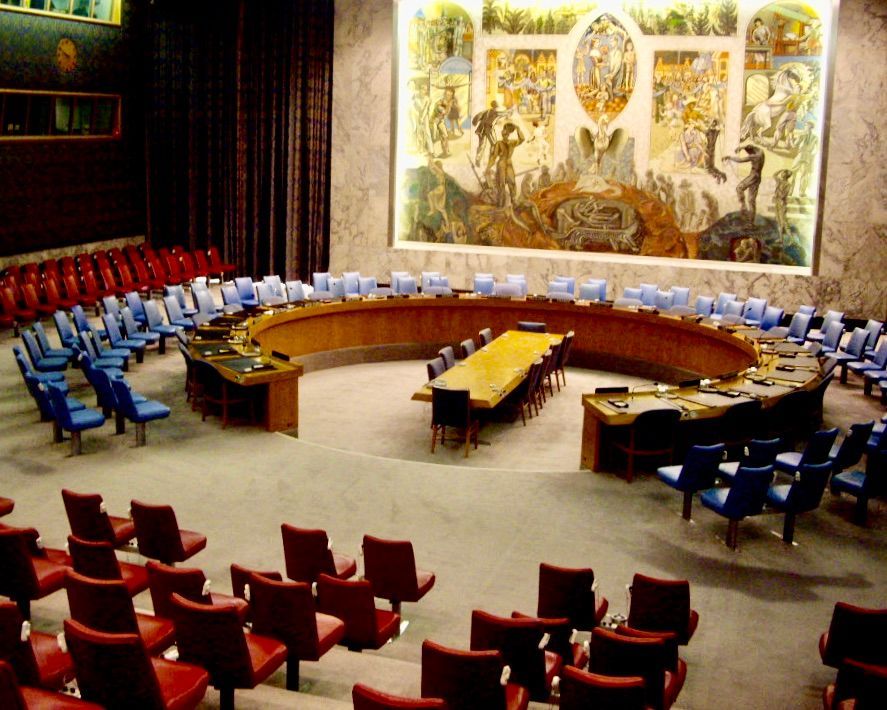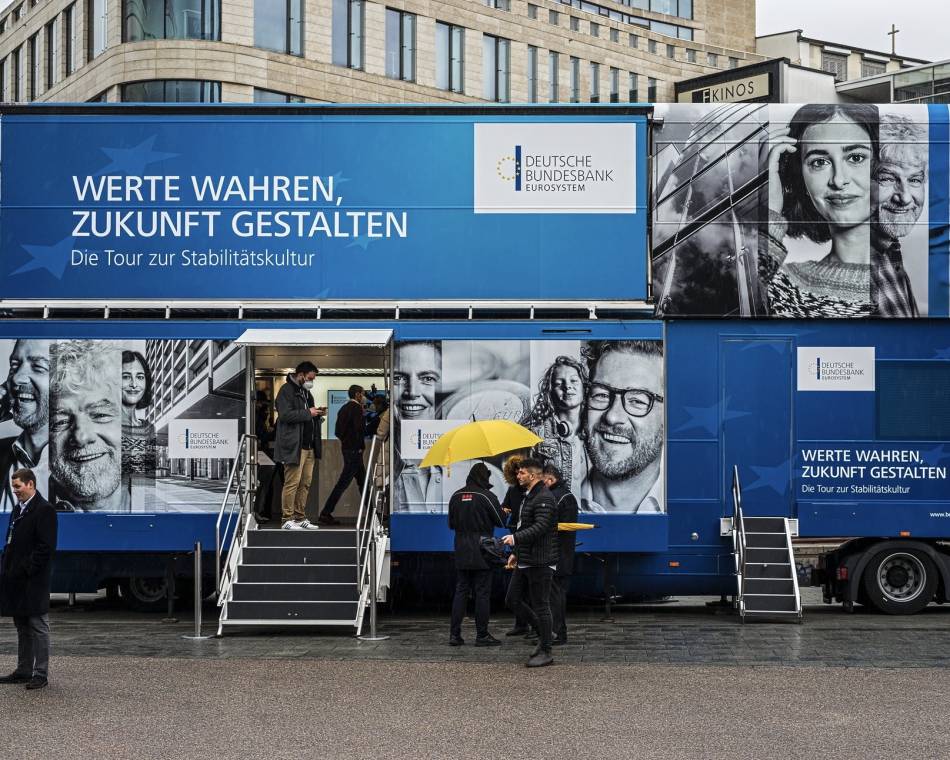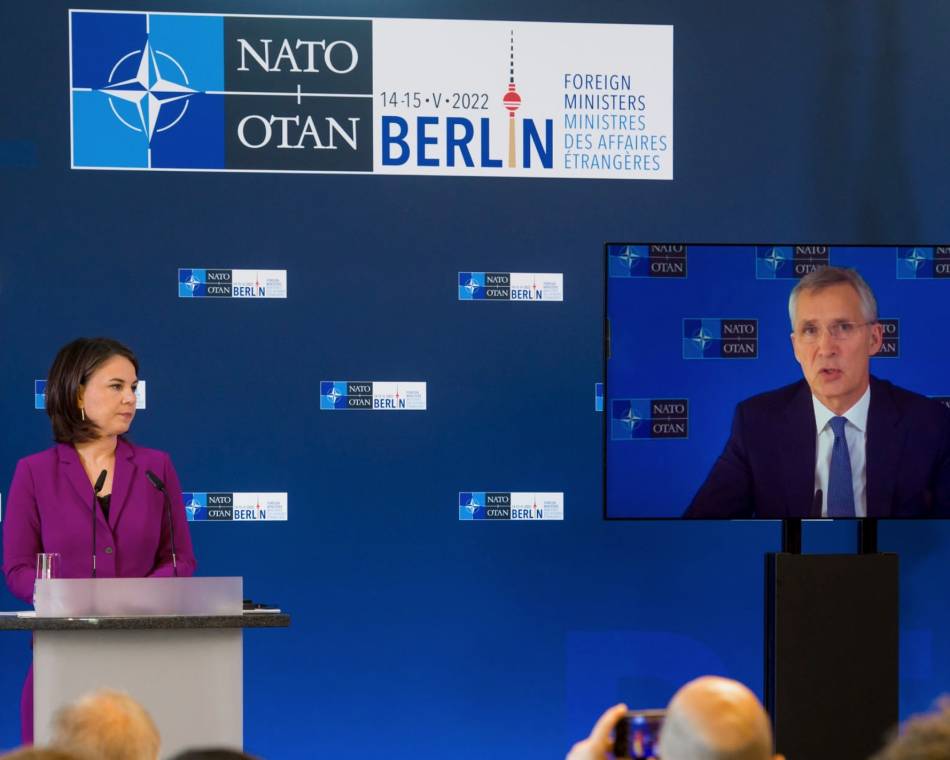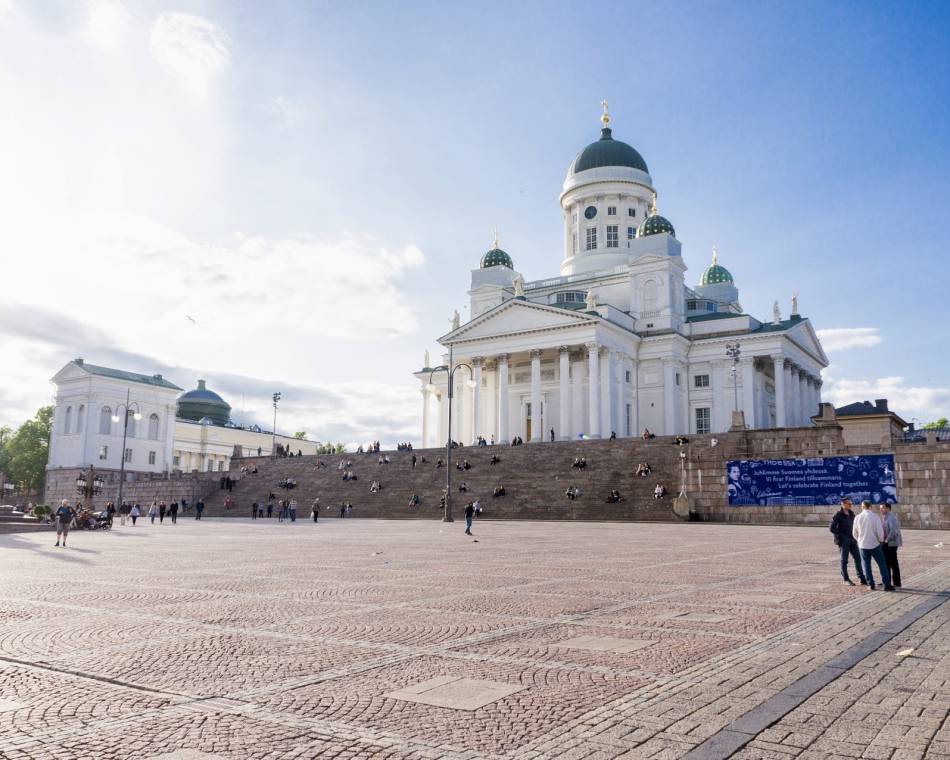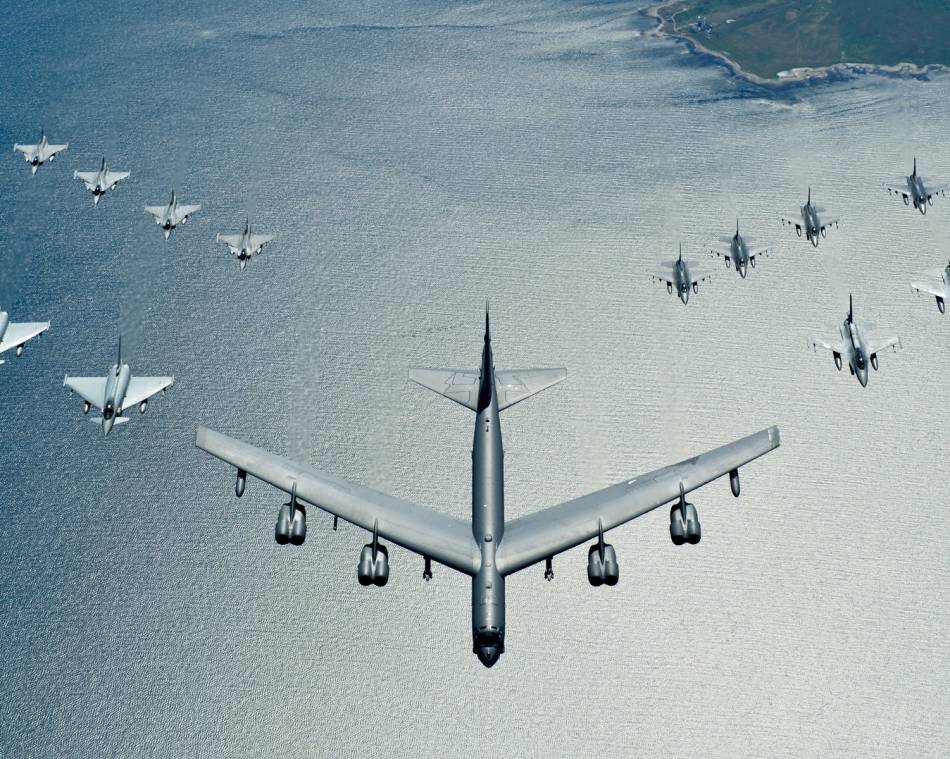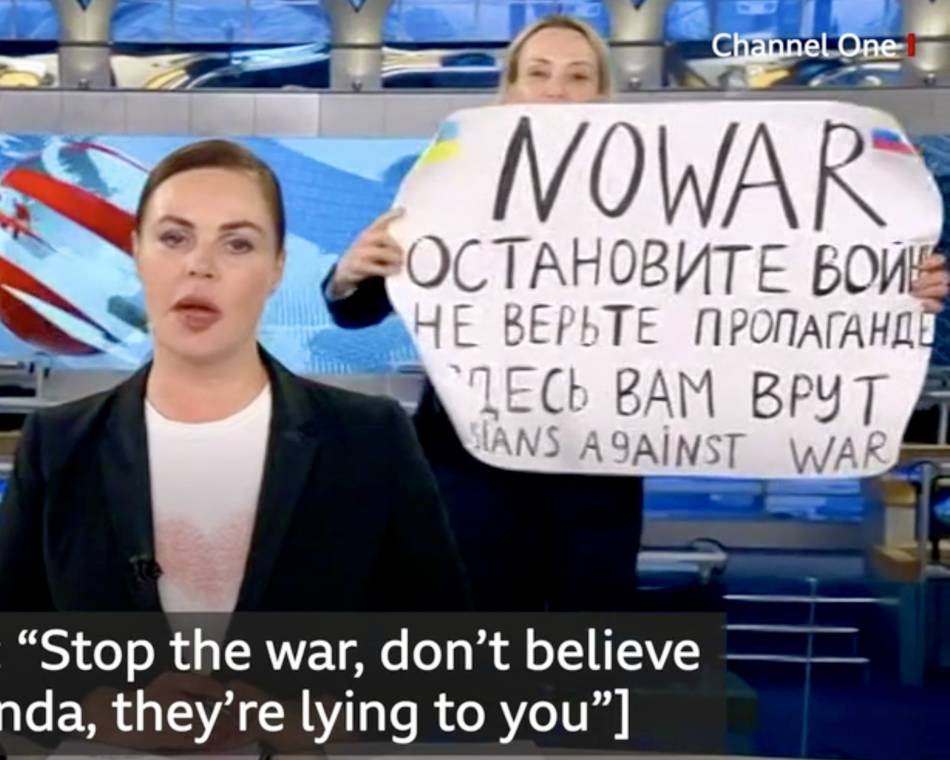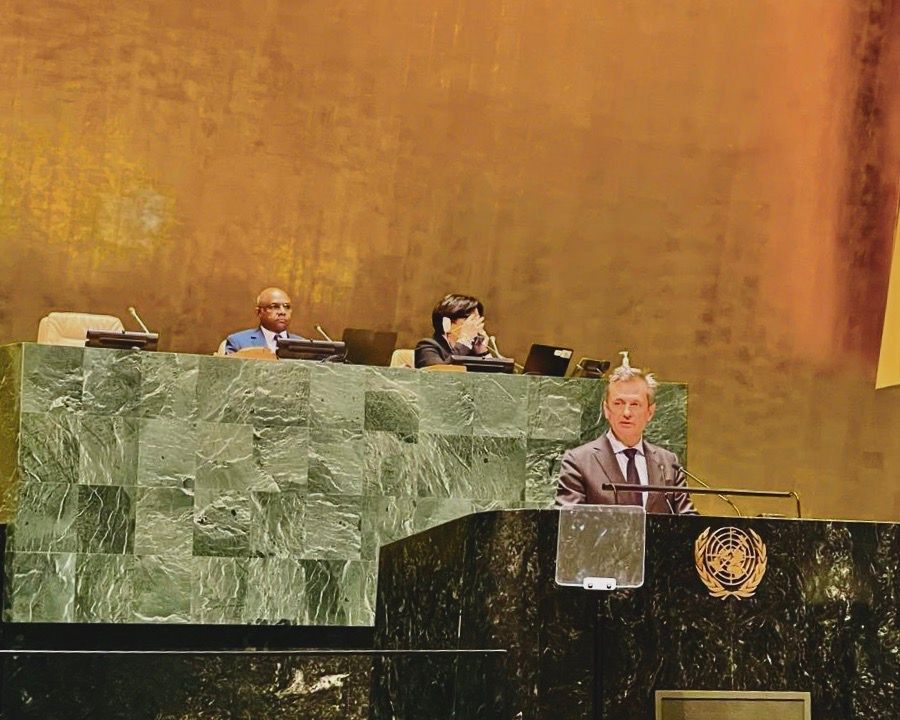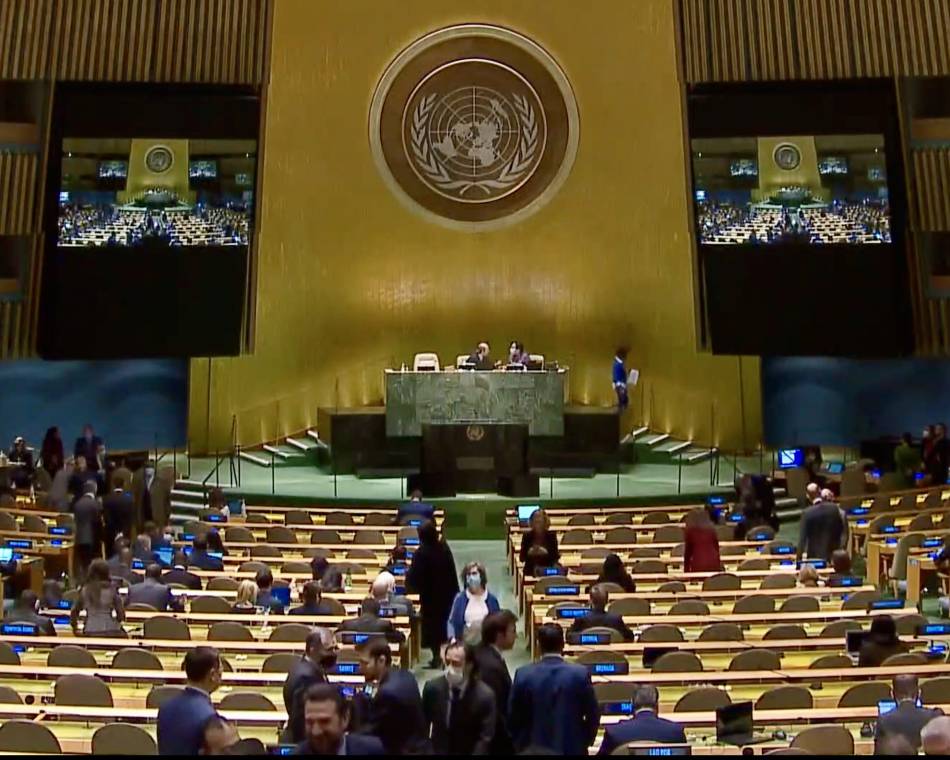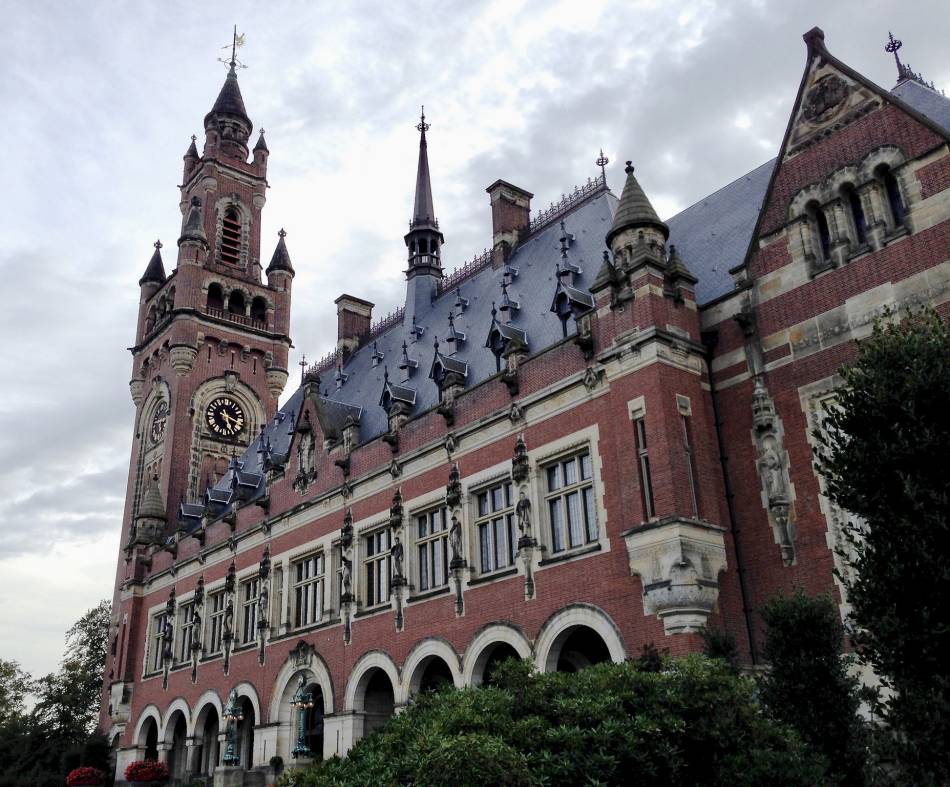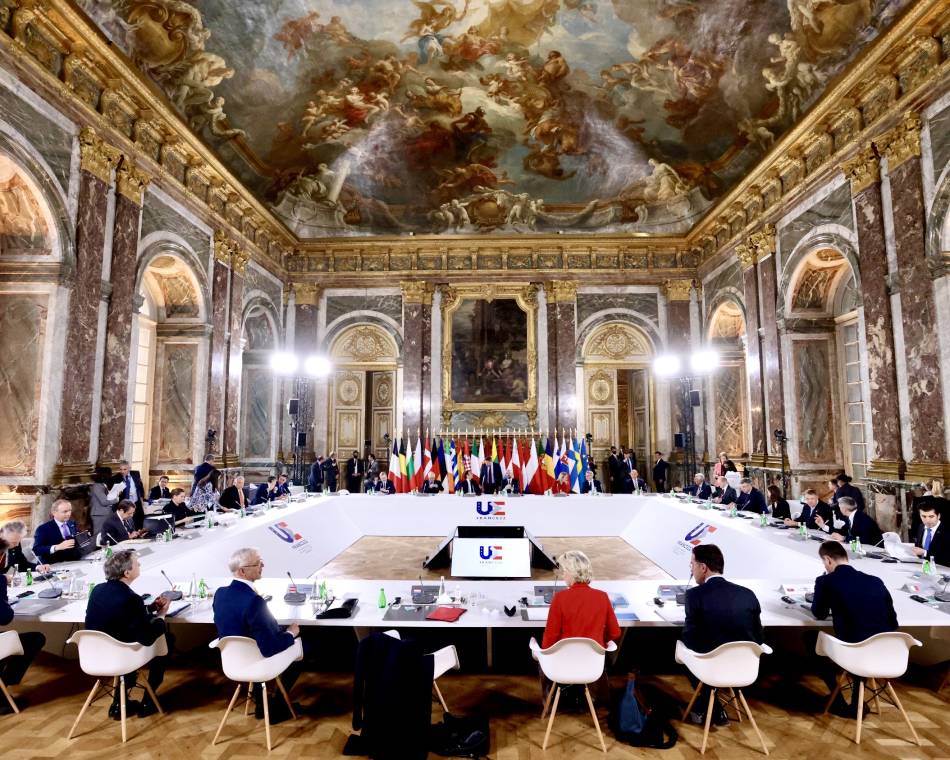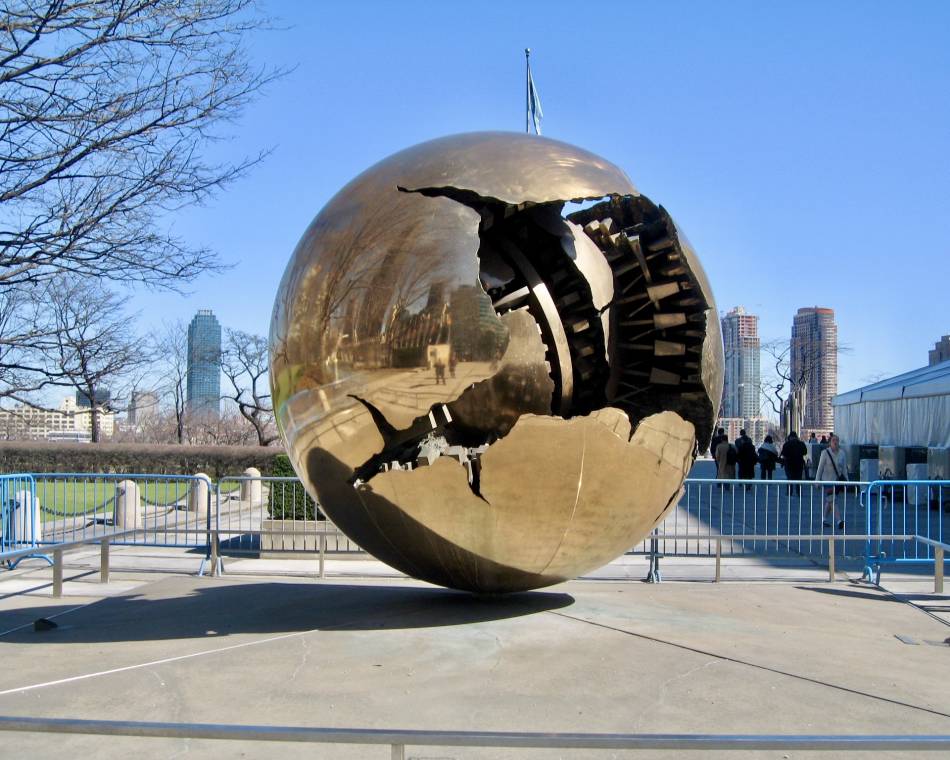
World faces a 'turning point' as U.N. meets
Confronting a world in "great peril," world leaders gathering at the U.N. General Assembly this week are being asked to set aside nations' grievances.
The world's multilateral efforts to solve global challenges are based on a post-World War II political and economic order that is struggling to navigate the 21st century's multipolarity and rise of authoritarianism: the U.S.-China rivalry, Russia's war in Ukraine, Israel and Hamas, the West's conflicts with North Korea and Iran, the crisis in Afghanistan, coups in Africa, and unrest in the Americas over deep-rooted injustices, biases and inequalities.

Already have an account? Log in
Confronting a world in "great peril," world leaders gathering at the U.N. General Assembly this week are being asked to set aside nations' grievances.
China calls its partnership with Russia "as stable as mountains" despite some "questions" and "concerns" raised while their leaders spoke at the SCO summit.
Finance ministers from the G-7 are moving to weaken the Kremlin's huge energy profits that pay for its war on Ukraine.
Indonesia's foreign minister called on top diplomats from the Group of 20 major economies to help end Russia's war in Ukraine "sooner than later."
More than 40 nations and international organizations signed onto a roadmap for Ukraine's recovery with longterm financial, political and technical support.
E.U. leaders approved Ukraine's request to become a formal candidate in the 27-nation bloc, putting it on an accelerated path towards membership.
Five nations won seats on the U.N. Security Council for the next two years, putting them in a position to influence global policies on peace and security.
G-7 finance ministers said they agreed to take concrete steps to deepen economic cooperation and respond together against Russia's invasion of Ukraine.
NATO welcomed decisions by Finland and Sweden to seek membership in the military alliance as foreign ministers met to discuss fast-tracking an expansion.
Finland’s president and prime minister announced support for immediately applying to join NATO, a major reversal due to Russia's invasion of Ukraine.
Sweden and Finland are expected to decide by the middle of May whether to seek to join NATO's 30-nation membership.
Polarization fueled by Fox News-like opinion media, disinformation and propaganda is battering democracies, Reporters Without Borders said.
Prompted by its own paralysis over Syria and Ukraine, the U.N. moved to prevent abuse of power by Russia and other permanent Security Council members.
By an overwhelming majority, the U.N. General Assembly approved a resolution that blamed Russia for Ukraine's severe humanitarian crisis.
The ICJ ordered Russia to halt its invasion of Ukraine in a legally binding decision that is mainly symbolic because there is no direct means of enforcing it.
More than a century after the 1919 Treaty of Versailles, E.U. leaders met for talks in the Palace of Versailles focused on ending another war in Europe.

